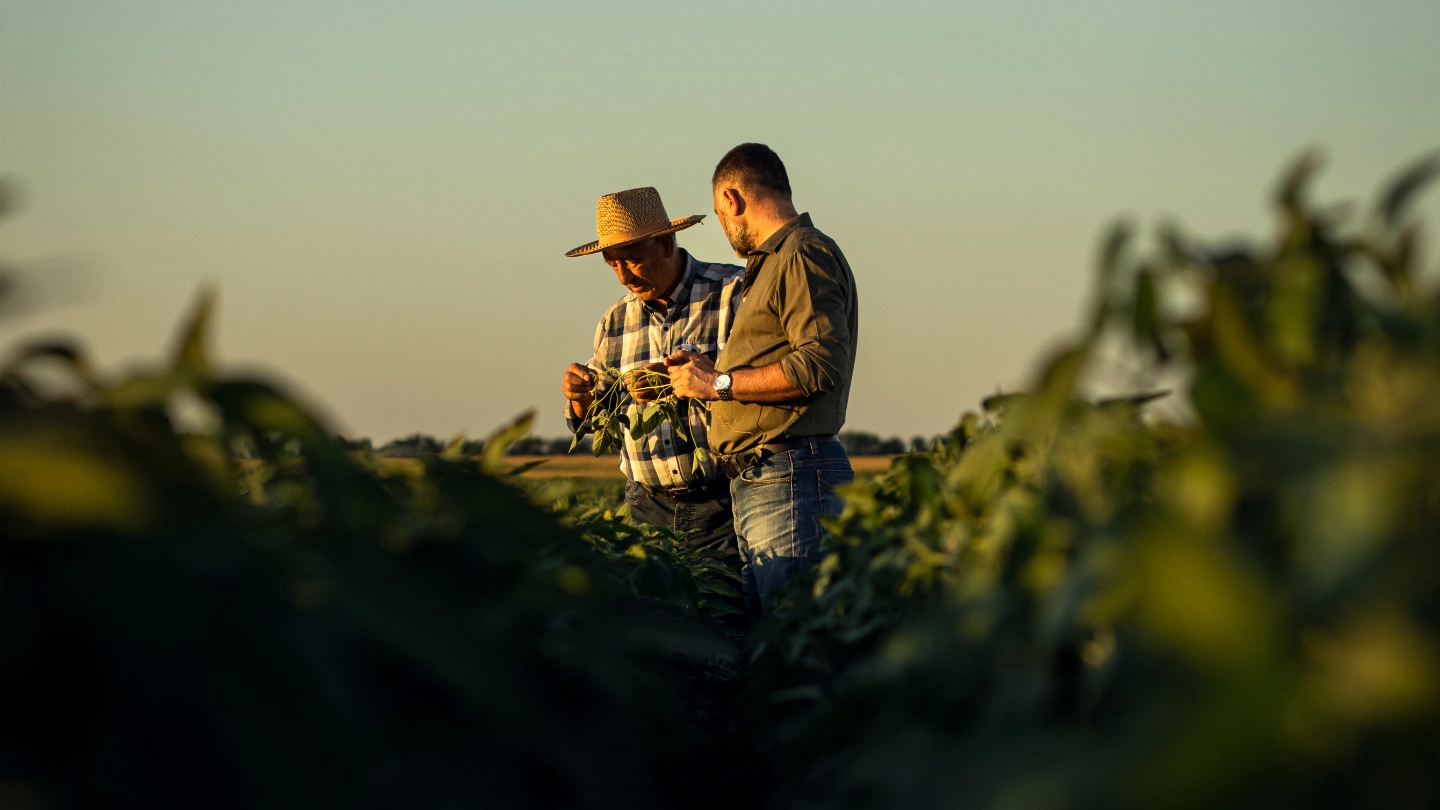Atradius Atrium
Nowy portal internetowy zapewniający bezpośredni dostęp do informacji dot. polisy, limitów kredytowych jak również do Atradius Insights i Collect@Net.
 Polska
Polska









Wczytaj więcej
Wyświetlanie 7 z 65






Wczytaj więcej
Wyświetlanie 7 z 28
Chcesz dowiedzieć się więcej? Skontaktuj się z nami!